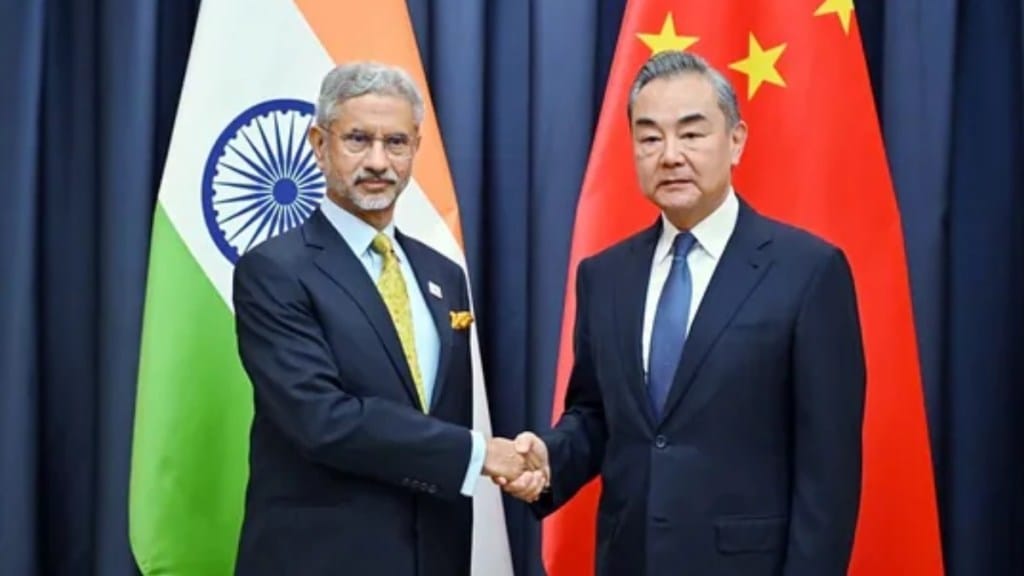External Affairs Minister S. Jaishankar departed for China on Sunday for high-level discussions aimed at stabilising India-China ties, which have been strained since the 2020 Line of Actual Control (LAC) standoff. This marks his first visit to China since bilateral relations plunged to their lowest in six decades following the military confrontation in eastern Ladakh.
During the July 14-15 visit, Jaishankar will hold a bilateral meeting with his Chinese counterpart Wang Yi in Beijing, focusing on expediting troop disengagement, restoring peace along the border, and revitalising cooperation in trade and people-to-people exchanges.
EAM Jaishankar in China: Full Itinerary
EAM S. Jaishankar will begin his China visit in the capital, Beijing, where he is scheduled to hold a series of meetings with senior Chinese officials and other key stakeholders. A bilateral meeting with his Chinese counterpart, Wang Yi, is also planned during his stay in the capital.
After the high-level engagements in Beijing, Jaishankar will travel to Tianjin to attend the Shanghai Cooperation Organisation (SCO) Council of Foreign Ministers, scheduled for July 14–15.
According to the Chinese Foreign Ministry, the meeting will bring together foreign ministers from SCO member states along with heads of the bloc’s permanent bodies to discuss cooperation across multiple sectors and deliberate on pressing international and regional issues.
The SCO currently comprises 10 members: China, Russia, India, Iran, Kazakhstan, Kyrgyzstan, Pakistan, Tajikistan, Uzbekistan and Belarus.
Separately, Chinese Foreign Minister Wang Yi may visit India later this month for another round of discussions with National Security Advisor Ajit Doval under the Special Representatives (SR) framework, focused on resolving the longstanding boundary dispute, as reported by PTI.
India-China talks: What’s on the agenda?
Citing sources familiar with the matter, Bloomberg reported that the discussions are expected to touch on several sensitive issues, including: –
-Securing rare-earth supplies vital for India’s technology and defence sectors
-The Dalai Lama’s succession, a longstanding point of friction between New Delhi and Beijing
-The recent rise in India–Pakistan tensions, with both nations being members of the SCO -The resumption of direct flights between India and China, which restarted in January after a five-year pause
Wang Yi may visit India
Separately, Chinese Foreign Minister Wang Yi is expected to visit India later this month for discussions with National Security Advisor Ajit Doval under the Special Representatives (SR) framework. The talks aim to advance efforts to resolve the protracted boundary dispute.
Before heading to China, Jaishankar concluded a high-level visit to Singapore, where he met President Tharman Shanmugaratnam, Deputy Prime Minister Gan Kim Yong, and Foreign Minister Vivian Balakrishnan. Discussions focused on strategic areas such as semiconductors, skill development, connectivity, and infrastructure, building on outcomes from Prime Minister Narendra Modi’s previous visit and the India-Singapore Ministerial Roundtable.
In a separate meeting, Jaishankar also met Teo Chee Hean, former senior minister and chairman-designate of Temasek Holdings, to explore emerging investment opportunities amid India’s economic transformation.
The Ministry of External Affairs described the Singapore leg as part of ongoing high-level exchanges aimed at strengthening ties with Southeast Asia.

